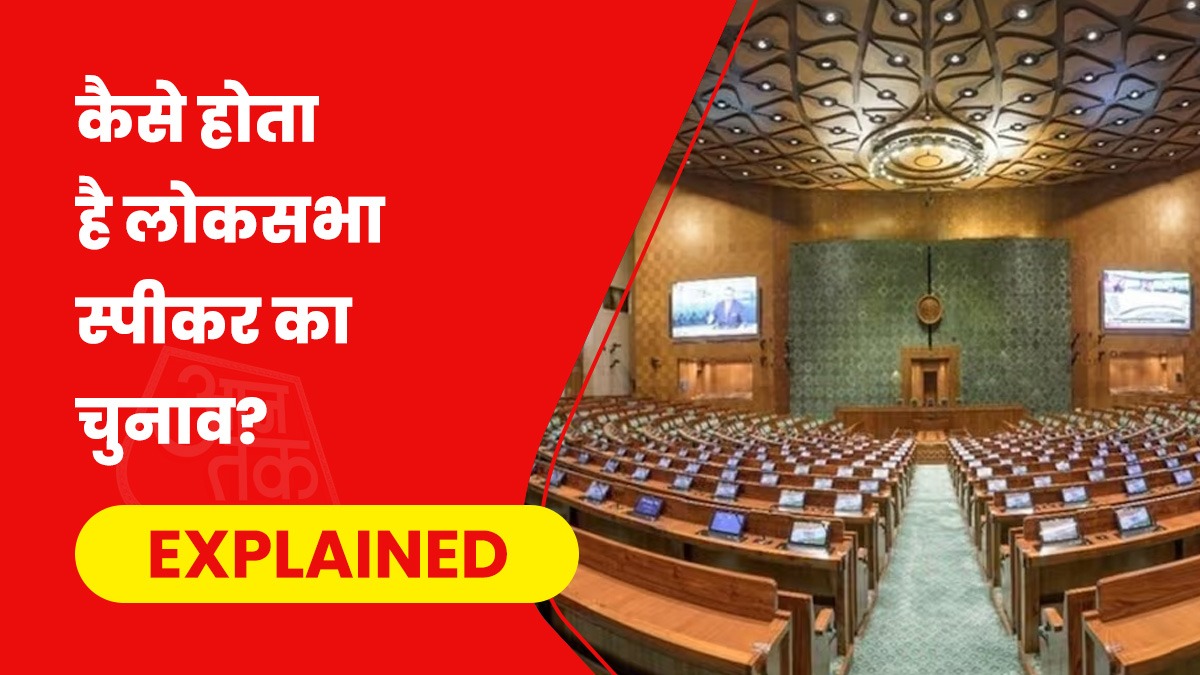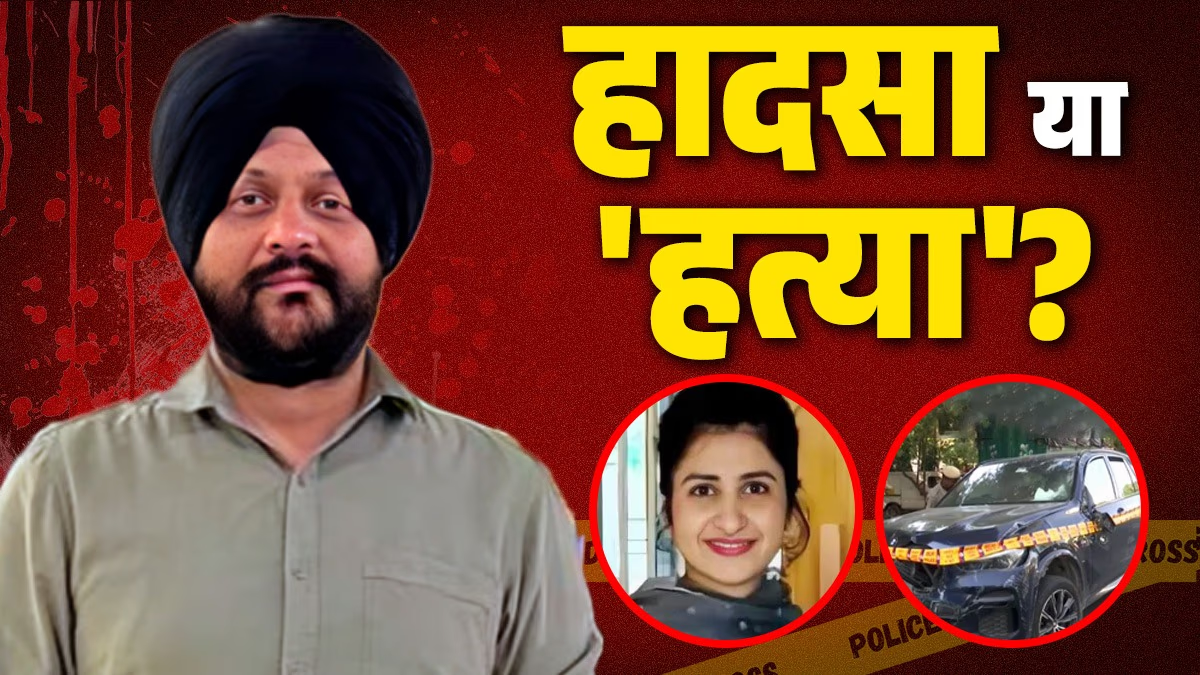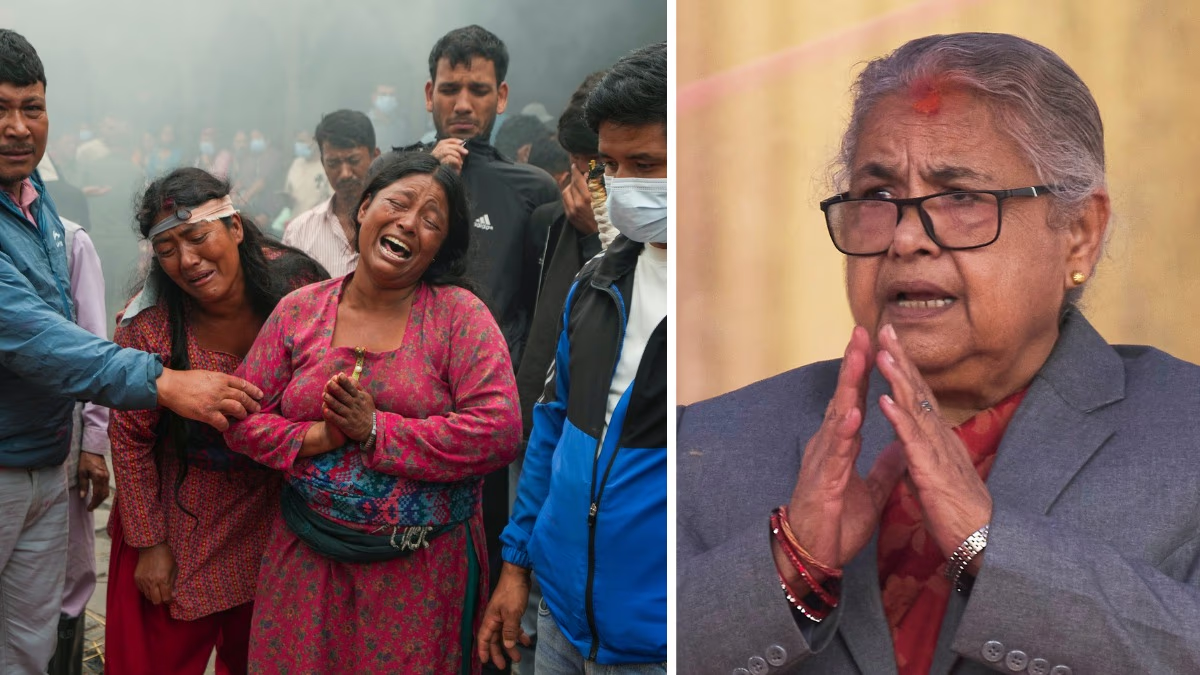The upcoming election for Lok Sabha Speaker could turn out to be a captivating event, as both the ruling party and opposition may field candidates. If the opposition's Indian block nominates a candidate, this will mark the first time a vigorous contest for the Speaker's position ensues.
Since India's Independence, each Lok Sabha Speaker has been chosen unanimously. Only four Speakers - M.A. Ayyangar, G.S. Dhillon, Balram Jakhar, and G.M.C. Balayogi - have had the distinction of being elected to the role more than once.
This time, however, the Indian block may contest for the Speaker's election. The opposition alliance is demanding the Deputy Speaker's position. They insist if the Deputy Speaker's chair is not allotted, they will compete for the Speaker's chair. A senior leader from Congress stated to the news agency that if the government does not agree to appoint an opposition leader as Deputy Speaker, they will run for the Speaker’s election.
Traditionally, the role of Speaker goes to the ruling party while Deputy Speaker's position is allocated to the opposition. Yet in the last Lok Sabha, the Deputy Speaker's position remained vacant.
When will the elections for Speaker and Deputy Speaker take place?
In 1919, under the British Indian Government Act, the Lok Sabha and Rajya Sabha were established. Back then the Lok Sabha was called the Central Legislative Assembly while the Rajya Sabha was known as the Council of States.
Article 93 of the Constitution provides for the elections of the Lok Sabha Speaker and Deputy Speaker. G.V. Mavalankar was the first Speaker of the Lok Sabha, and M.A. Ayyangar was the first Deputy Speaker.
The election for Lok Sabha Speaker is set for June 26, and the date for Deputy Speaker's election will be determined by the Speaker. On June 24, a special session of Parliament commences. New members will be sworn in over two days. The election for Lok Sabha Speaker will occur on June 26, followed by President Droupadi Murmu addressing the joint session of Parliament on June 27.
How is the Lok Sabha Speaker elected?
Following a general election and the formation of a new government, the appointment of a pro tem Speaker is made, generally the most senior member of the Lok Sabha.
The election of the Lok Sabha Speaker is supervised by the pro tem Speaker. Usually, the government and opposition jointly announce a candidate for the Speaker. Subsequently, the Prime Minister or Minister of Parliamentary Affairs introduces the candidate. It's reported that on June 26, Prime Minister Narendra Modi will introduce the Speaker’s candidate.
If more than one candidate is nominated, proposals are made one after another, and if necessary, voting takes place. Whichever candidate's proposal is accepted becomes the Speaker.
The Speaker serves until the day before the first meeting of the next Lok Sabha, starting from the date of their election. Meaning, Om Birla will remain Speaker until the first meeting of the 18th Lok Sabha.
What is the procedure for electing the Deputy Speaker?
The President decides the date for the Speaker's election, whereas the Speaker determines the date for the Deputy Speaker's election.
The method of electing the Deputy Speaker is the same as for the Speaker. If there is only one candidate, their proposal is presented and passed in the house. If there are multiple candidates, voting is conducted.
Only a member of the Lok Sabha can become the Speaker or Deputy Speaker. Both hold office for a term of five years.
What are the powers of the Lok Sabha Speaker?
The role of the Lok Sabha Speaker is constitutional. They are the most prominent individual in the house. Without the Speaker's approval, nothing can proceed in the house.
It's the Speaker’s duty to maintain the dignity and order of the house. If order is not maintained, they can suspend or adjourn the house. Speakers can also suspend members who violate the decorum.
Speakers decide on the disqualification of defectors under the anti-defection law. However, a 1992 Supreme Court ruling clarified that the Speaker's decision could be challenged in court.
Despite this, in matters of defection, the Speaker still wields significant power. Last year, the Speaker of Maharashtra, Rahul Narvekar, faced allegations of bias during hearings on the disqualification of members, but the Supreme Court allowed Eknath Shinde and his group, who had split from the Thackeray faction, to proceed with anti-defection proceedings.
Ever since Independence, the post of Lok Sabha Speaker has traditionally been held by the ruling party or coalition, while the Deputy Speaker's position is granted to the opposition. Nevertheless, appointing a Deputy Speaker isn't mandatory. In the last Lok Sabha, the position was left vacant.




